Stomach ulcers — also known as peptic ulcers — are painful open sores that develop on the inner lining of your stomach or the upper part of your small intestine. They can cause burning stomach pain, nausea, indigestion, and in severe cases, even vomiting blood or weight loss.
While medical treatment is often necessary — especially in severe cases — many people find natural remedies to be gentle, effective, and a great support to their healing journey. This article dives deep into the most reliable natural remedies for stomach ulcers, why they work, how to use them, and precautions to take.

Understanding Stomach Ulcers
Before diving into remedies, it’s important to understand what causes ulcers and how they affect the body. The most common causes include:
H. pylori infection (Helicobacter pylori bacteria)
Excessive use of NSAIDs like ibuprofen or aspirin
Chronic stress
Poor diet and overuse of spicy/acidic foods
Excess stomach acid production
When the protective mucus layer of the stomach is worn down, acid can eat away at the stomach lining, causing sores. Healing involves restoring that protective layer, reducing acid, and fighting any bacterial infection — which natural remedies can help support beautifully.
1: Cabbage Juice – A Natural Healer
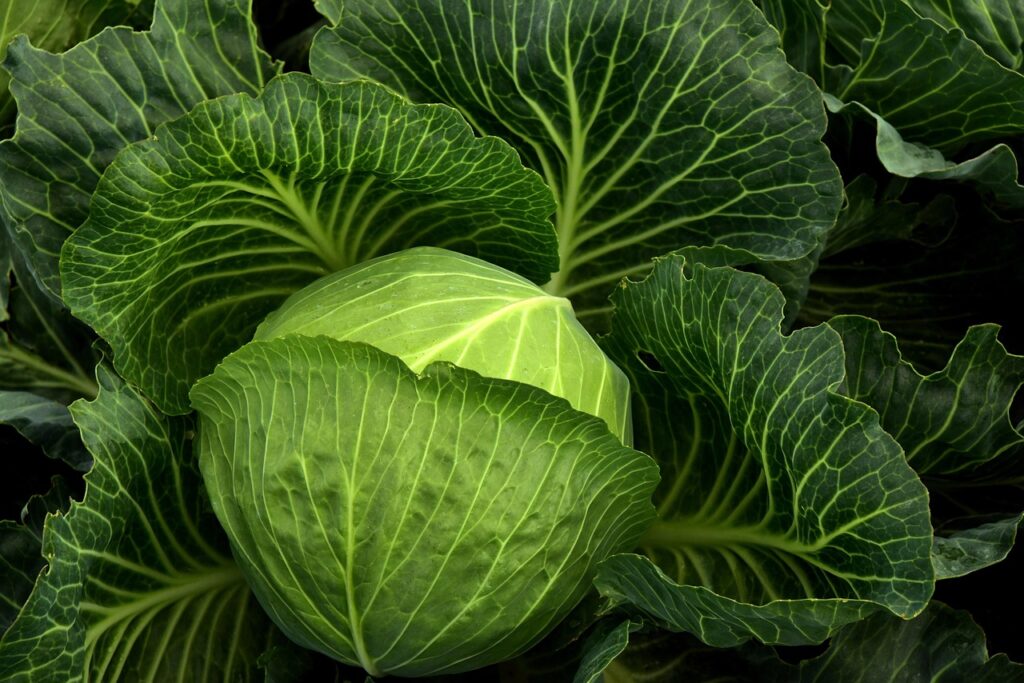
Why It Works:
Cabbage juice has been used for centuries to treat ulcers. It’s rich in glutamine and vitamin U (S-methylmethionine), compounds known to stimulate cell regeneration in the stomach lining. Several studies have shown that raw cabbage juice can speed up ulcer healing and reduce pain naturally.
How to Use It:
-
Take fresh cabbage, chop it, and blend it with a small amount of water.
-
Strain and drink ½ cup of the juice on an empty stomach two to three times a day.
-
For best results, do this daily for 7 to 10 days.
Tip: You can combine cabbage with a few carrots to improve the taste and add more healing nutrients.
Caution:
Raw cabbage can cause gas in some people. Start with small amounts and monitor how your body responds.
2: Raw Honey – Nature’s Sweet Medicine
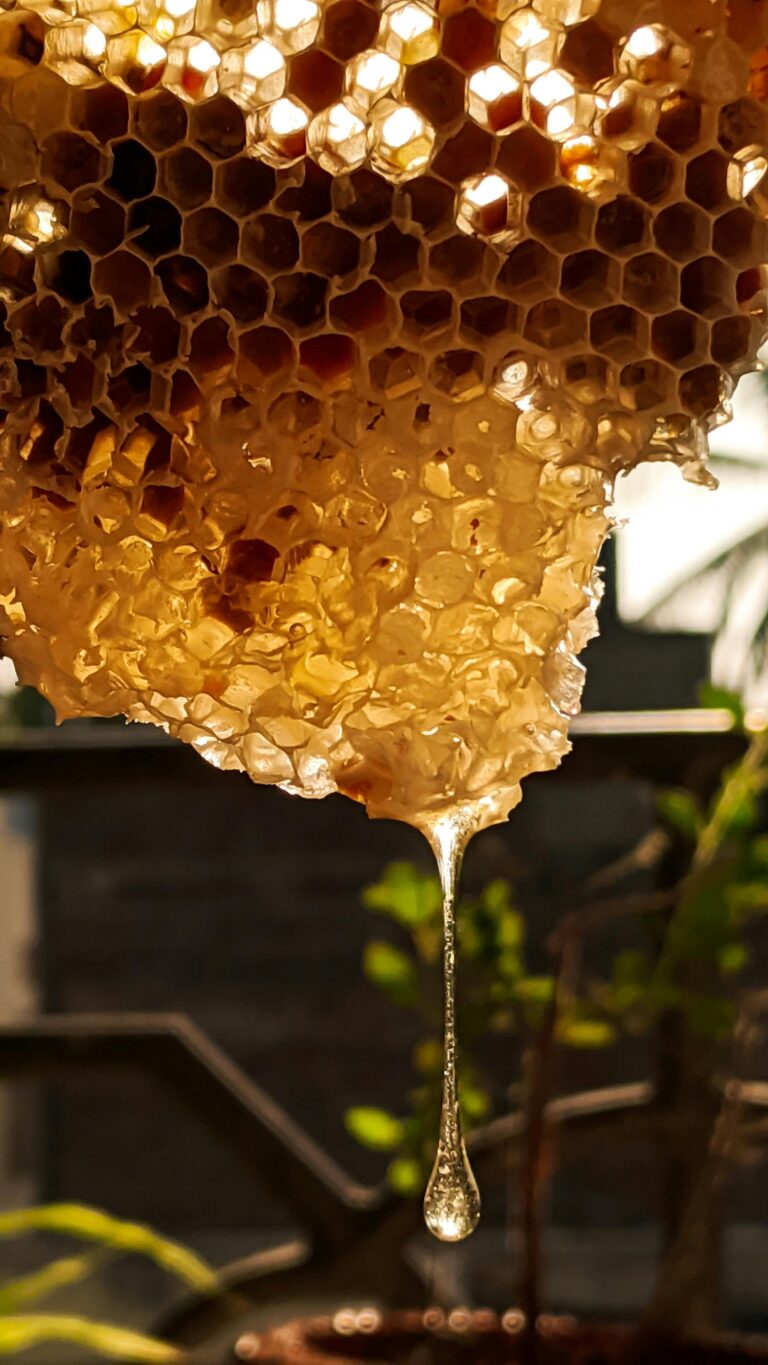
Why It Works:
Honey is more than a sweet treat — it has powerful antibacterial, antioxidant, and anti-inflammatory properties. Studies show that raw honey can help fight H. pylori, the bacteria responsible for many ulcers. It also soothes the stomach lining and promotes tissue healing.
How to Use It:
Take 1 tablespoon of raw or Manuka honey first thing in the morning.
You can also mix it into warm (not hot) water, herbal tea, or spread it on toast.
🍵 A morning routine of honey + warm water is gentle, cleansing, and healing for your entire digestive tract.
Caution:
Use raw or Manuka honey only — processed honey lacks these healing benefits. Diabetics should use with caution and monitor blood sugar levels.
3: Licorice Root (DGL) – Protective Mucus Booster
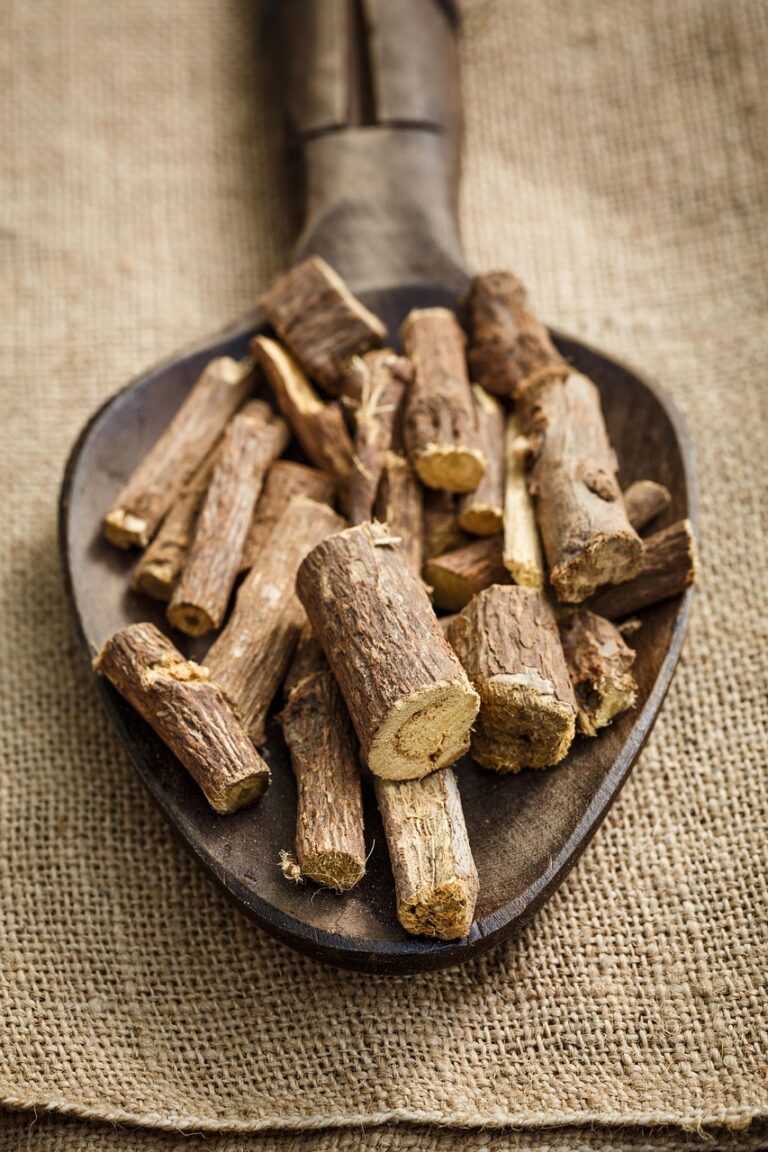
Why It Works:
Licorice root, especially the DGL (deglycyrrhizinated) form, increases the secretion of mucus in the stomach — acting like a natural barrier between the stomach lining and harsh acids. Unlike regular licorice, DGL doesn’t affect blood pressure, making it safer for long-term use.
How to Use It:
Take chewable DGL tablets 20 minutes before meals and bedtime.
Follow dosage instructions on the package (usually 2 tablets before each meal).
Caution:
Avoid regular licorice root if you have high blood pressure, as it may cause fluid retention and raise BP levels.
4: Aloe Vera Juice – The Cooling Soother

Why It Works:
Aloe vera is widely known for its cooling, anti-inflammatory, and wound-healing abilities. Inside the digestive system, it reduces irritation, soothes ulcers, and helps regenerate the stomach lining.
How to Use It:
Buy pure, unsweetened aloe vera juice.
Drink ¼ to ½ cup on an empty stomach, once or twice a day.
You can also mix it with warm water and honey for a soothing gut-healing tonic.
Caution:
Avoid aloe Vera juice with added sugar or laxatives (like aloe latex). Stick to food-grade, inner leaf aloe only.
5: Bananas – Gentle and Healing
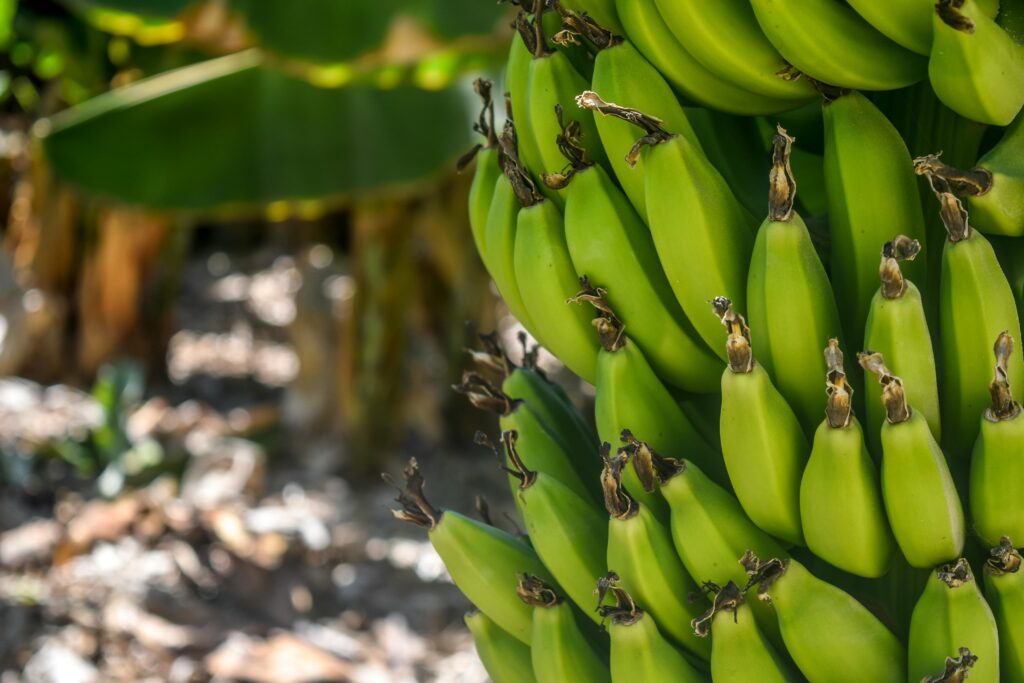
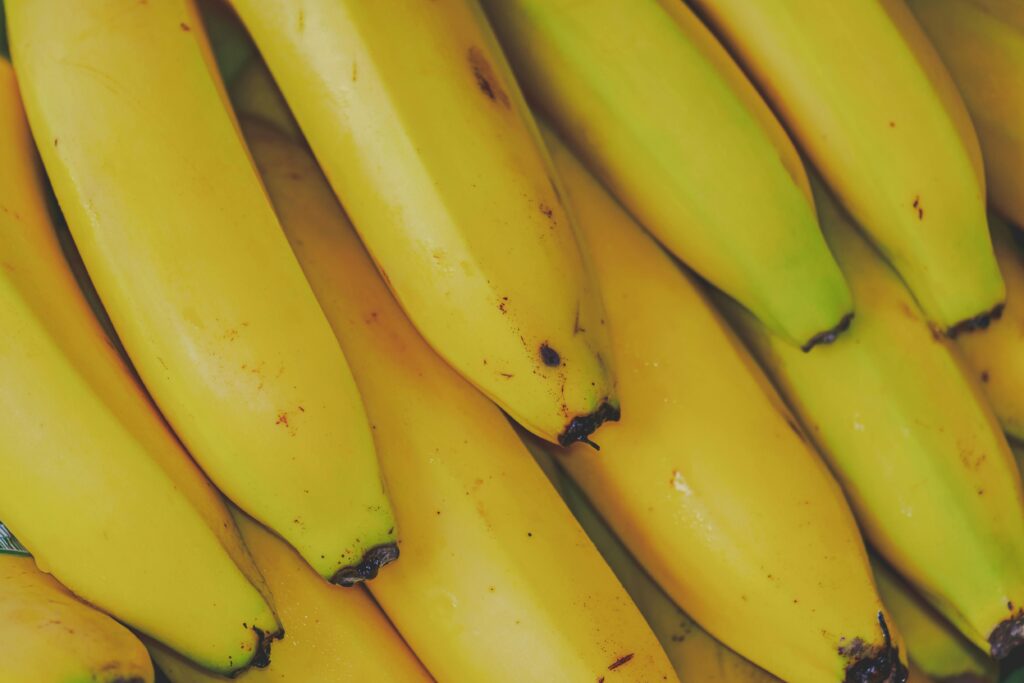
Why It Works:
Bananas are rich in antioxidants, potassium, and compounds that help generate protective mucus in the stomach. They’re soft, low-acid, and easy on the gut — perfect for healing ulcers naturally. They also help regulate stomach acidity and fight inflammation.
How to Use It:
Eat 1–2 ripe bananas a day.
Make a banana smoothie with honey and a touch of yogurt for added probiotics.
Green bananas (unripe) also contain resistant starch, which can fight ulcer-causing bacteria.
Caution:
Stick to ripe bananas if you experience bloating or gas with green ones.
6: Turmeric – The Golden Healer

Why It Works:
Turmeric contains curcumin, one of the most powerful natural anti-inflammatory agents known to man. It not only soothes irritation but also fights H. pylori and supports healing of damaged tissue.
How to Use It:
Mix ½ tsp turmeric powder in warm water or milk (preferably plant milk like almond or coconut).
Drink once or twice daily.
For better absorption, take it with black pepper and healthy fat like coconut oil.
Caution:
Avoid taking turmeric supplements in high doses without a doctor’s advice — especially if you’re on blood thinners or medication.
7: Slippery Elm – A Natural Coating Agent

Why It Works:
Slippery elm contains mucilage, a gel-like substance that coats and protects the stomach and intestines. It forms a protective layer over ulcers, reduces acidity, and eases pain and inflammation.
How to Use It:
Mix 1 tsp slippery elm powder into warm water.
Drink twice a day, especially before meals or bedtime.
You can also combine it with honey for added healing power.
Caution:
Slippery elm may reduce the absorption of some medications. Take it at least 1 hour apart from your other meds.
8: Herbal Teas – Gentle Relief

Best Herbal Teas for Ulcer Healing:
Chamomile Tea – Calms the stomach and reduces inflammation.
Ginger Tea – Aids digestion and has anti-ulcer effects.
Licorice Root Tea – Same benefits as DGL tablets.
Marshmallow Root Tea – Soothes and coats the gut lining.
How to Use:
Drink 1–2 cups daily between meals.
Avoid adding sugar — use honey if needed.
These teas also help manage stress, which can worsen ulcer symptoms.
Bonus Tips for Natural Ulcer Recovery
What to Avoid:
Spicy foods (chili, pepper)
Caffeinated drinks (coffee, energy drinks)
Alcohol and smoking
Skipping meals or eating large, heavy meals
Fried and acidic foods
What to Embrace:
Small, frequent meals
Hydration with warm water
Lean proteins, steamed veggies, and whole foods
Light exercise and fresh air
Deep breathing or prayer to manage stress
Faith + Food: Healing Through Prayer and Nourishment
As you apply these natural remedies, don’t forget to align your healing journey with faith. Speak life over your body. God’s Word is healing too.
Declaration:
“I am fearfully and wonderfully made. My body is a temple of the Holy Spirit. I receive divine healing, and my stomach is restored in Jesus’ name.”
Scripture for Healing:
“But I will restore you to health and heal your wounds,” declares the Lord. – Jeremiah 30:17
Final Thoughts
Natural remedies offer hope, healing, and a gentle approach to treating stomach ulcers — without the side effects of harsh medications. But they work best when used consistently and with care.
If your symptoms are severe or persistent, always speak to a healthcare professional. The healing journey is unique for everyone — but with patience, prayer, and powerful natural tools, you will rise strong.


Pingback: NATURAL TOOTHPASTE YOU CAN MAKE FOR KIDS - Glow With...